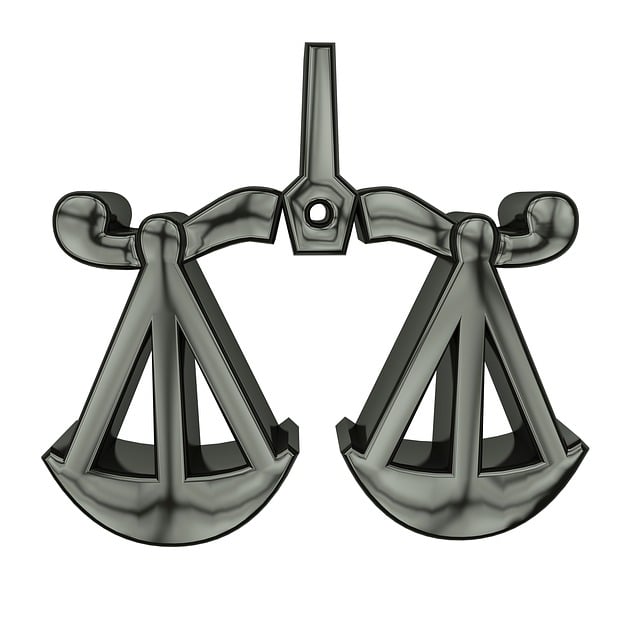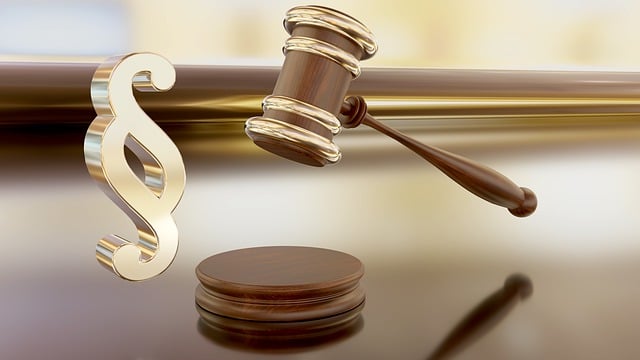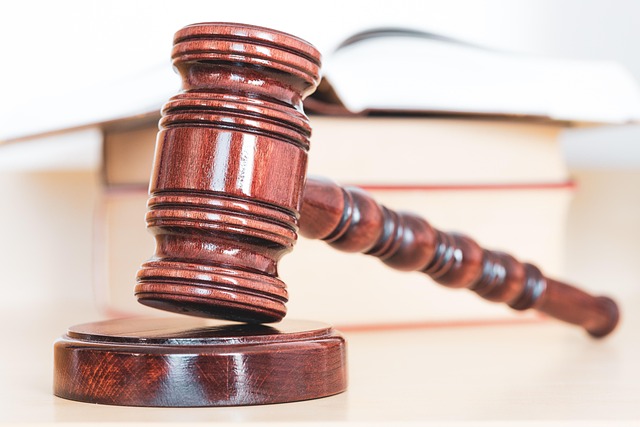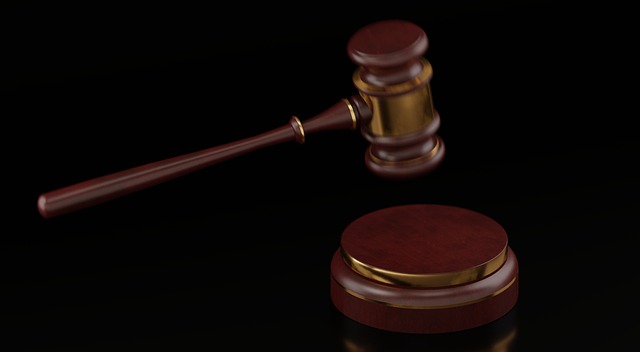Plea negotiations significantly influence trial outcomes in criminal cases. Strategic discussions between prosecutors and defense attorneys lead to agreements that can reduce charges or sentences, benefiting both sides. These negotiations consider case severity, evidence, and prior records, aiming for fairness and efficiency. Analyzing post-plea bargain outcomes reveals successful tactics employed by experienced defense attorneys, streamlining justice while balancing interests of all involved parties.
Criminal law enforcement involves a complex interplay of strategies, rights, and outcomes. This article delves into the intricate world of plea bargaining—a process where accused individuals negotiate with prosecutors to avoid trial. We explore key factors influencing these negotiations, their impact on accused’s rights and sentences, and prosecutors’ strategies behind plea deals. Additionally, we analyze trial outcomes after bargained agreements, shedding light on how plea negotiations affect the ultimate dispositions in criminal cases.
- Understanding Plea Bargaining Process
- Factors Influencing Plea Negotiations
- Impact on Accused's Rights and Sentences
- Prosecutors' Strategies in Plea Deals
- Analyzing Trial Outcomes After Bargains
Understanding Plea Bargaining Process

Plea bargaining is a critical phase in the criminal justice system where defendants and prosecutors engage in negotiations to reach an agreement that can resolve a pending case without going to trial. This process involves discussing potential charges, sentence reductions, or other forms of leniency in exchange for a guilty plea. Understanding how these negotiations unfold is essential to comprehending their profound impact on trial outcomes.
The plea negotiation process begins when the defense attorney and prosecutor meet to discuss the case’s specifics. In many instances, this conversation sets the stage for a potential agreement. For example, in white-collar defense cases across the country, plea negotiations can be intricate, often involving complex financial transactions. A skilled general criminal defense attorney will leverage their knowledge of the law and understanding of the client’s situation to secure the best possible outcome, whether that means avoiding prison time or achieving a reduced sentence. The outcome of these discussions significantly influences the trajectory of the case, potentially preventing a lengthy and costly trial.
Factors Influencing Plea Negotiations

Plea negotiations play a pivotal role in shaping the trajectory of criminal cases, ultimately impacting trial outcomes significantly. Several factors influence this process, each carrying its own weight in the balance between a plea bargain and a full-scale trial. The severity of the crime is a key consideration; more serious offenses often lead to tougher negotiations as prosecutors aim to secure convictions for heinous acts. Additionally, the evidence available to both parties is crucial—a strong case on either side can drastically alter the terms of an agreement. The defendant’s prior criminal record and potential sentencing options under different outcomes are also critical elements in these discussions.
The strategic decisions of both the prosecution and general criminal defense attorneys greatly affect the final result. Prosecutors weigh the cost of a trial against the potential consequences for their clients, while defense lawyers strive to secure the best possible outcome for their clients within the legal framework. This dynamic can lead to creative solutions, such as reduced charges or alternative sentencing options, especially when considering the interests of all parties involved, including the philanthropic and political communities.
Impact on Accused's Rights and Sentences

Plea negotiations play a pivotal role in shaping the trajectory of criminal cases, significantly influencing both the rights of the accused and subsequent sentences. This strategic process involves discussions between prosecutors and defense attorneys, aiming to reach an agreement that satisfies both parties. By engaging in plea negotiations, defendants can avoid the rigors of a full-scale trial, which may yield harsher outcomes. Such negotiations offer an opportunity to plead guilty or no contest, often resulting in reduced charges or a more lenient punishment.
The impact extends beyond the immediate case, affecting the overall justice system. An unprecedented track record of successful plea negotiations can shape public perception and influence future legal strategies. This approach streamlines the process, ensuring efficient resolution while considering the best interests of all parties involved—from the accused to law enforcement—across all stages of the investigative and enforcement process.
Prosecutors' Strategies in Plea Deals

Prosecutors play a pivotal role in shaping trial outcomes through their strategies in plea negotiations. These discussions, often conducted behind closed doors, involve striking agreements with defendants, offering them an alternative to a potential conviction and sentence. A successful plea deal can lead to significant benefits for both the prosecution and the defendant. Prosecutors may opt for reduced charges or sentences, allowing for a more lenient outcome that might be in line with the defendant’s circumstances or a desire to avoid prolonged litigation. This strategic approach has proven effective in many cases, resulting in an unprecedented track record of successful prosecutions while ensuring fairness and efficiency within the criminal justice system.
The art of plea negotiations requires prosecutors to weigh various factors, including the strength of their case, potential witness testimonies, and the defendant’s prior record or lack thereof. By carefully evaluating these elements, prosecutors can make informed decisions that may lead to beneficial outcomes for both parties involved. Moreover, a well-executed plea deal can foster a sense of cooperation between the legal system and the philanthropic and political communities, promoting a more harmonious relationship in the administration of justice. In some cases, this strategy even facilitates the complete dismissal of all charges, providing an opportunity for defendants to move forward with their lives after addressing their legal issues.
Analyzing Trial Outcomes After Bargains

Analyzing trial outcomes after plea bargains offers valuable insights into how negotiations can shape legal cases. Plea bargaining, a critical aspect of criminal law enforcement, involves defendants pleading guilty in exchange for reduced charges or sentencing. The result is often a resolution that benefits both parties—the state secures a conviction while the defendant faces a more manageable punishment.
Studying these outcomes reveals the significant impact of plea negotiations on trial results. An analysis might uncover trends where certain strategies prove successful, leading to favorable agreements. For instance, defendants represented by experienced general criminal defense attorneys often secure better deals due to their unprecedented track record in navigating complex legal landscapes. This process can effectively avoid indictment, providing an alternative path to justice that considers the interests of all involved.
Plea bargaining, a critical aspect of criminal law enforcement, significantly shapes trial outcomes. By understanding the intricate process and factors at play in plea negotiations, both prosecutors and defendants can make informed decisions. This article has explored key elements like the plea bargaining process, influences on negotiations, impacts on accused rights and sentences, and prosecutors’ strategies. Analyzing these components provides valuable insights into how plea deals ultimately affect trial results, emphasizing the importance of navigating these complex discussions effectively.






